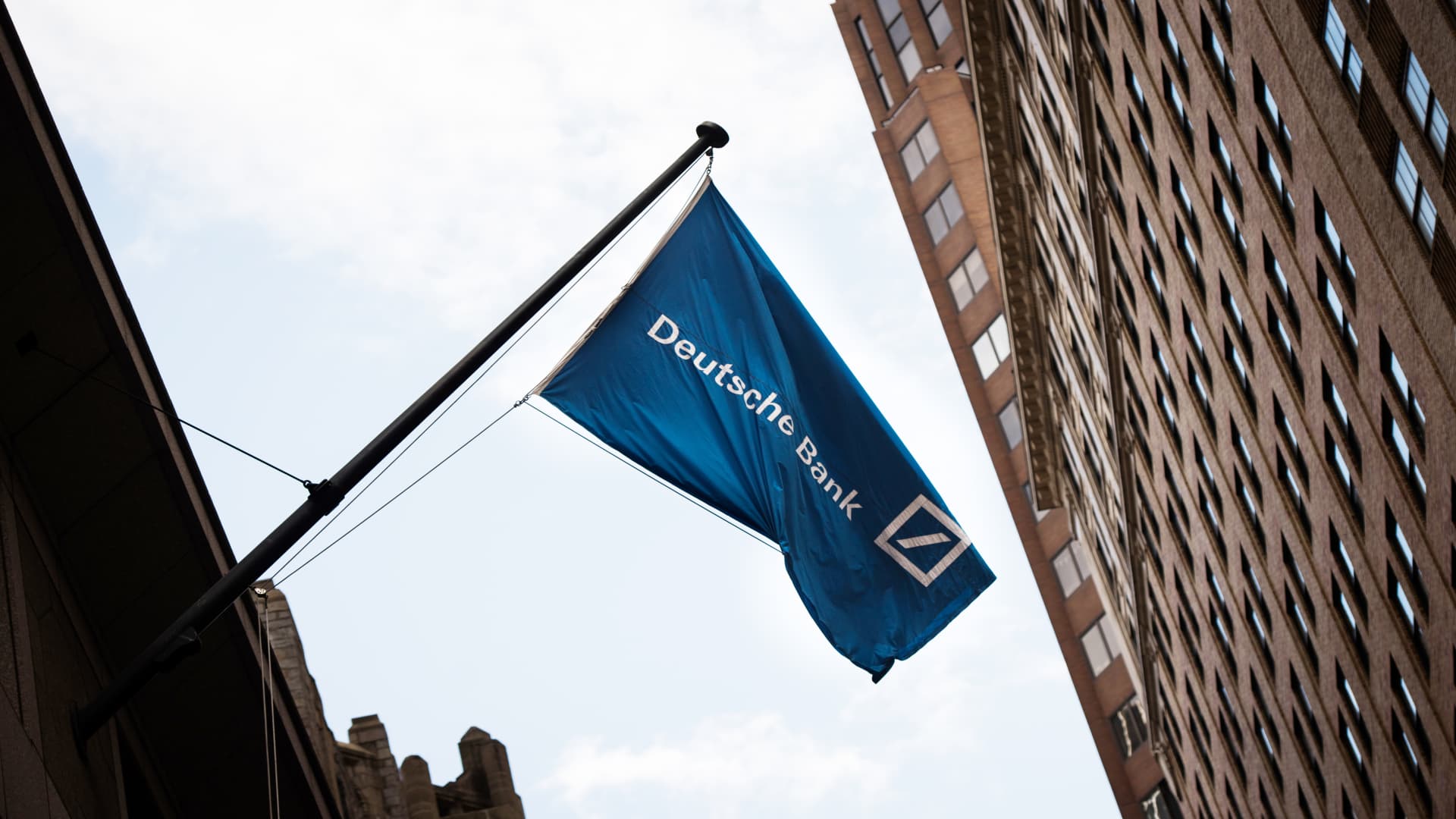While there’s something romantic about taking a shot on an underappreciated enterprise, a countervailing narrative also exists, which brings us to the topic of stocks to sell. To be sure, very few people enjoy discussing this subject (especially if you own the shares mentioned). However, it’s unavoidable. At some point, you’re going to have to issue some rejections.
That’s why I’m not always onboard with pro athletes showboating about how no one believed in them, which then provided the fuel to succeed. Believe me, for every Tom Brady, there are probably thousands of Tim Tebows. No disrespect meant toward the upstanding Mr. Tebow but coaches and managers must make tough decisions to win. So it is with stocks to sell. For the enterprises below, poor financial metrics and/or rough fundamentals combined with pessimistic analyst views make a recovery in the near term unlikely. With that, below are the stocks to sell.
| XPEV |
Xpeng |
$9.62 |
| BBBY |
Bed Bath & Beyond |
$0.82 |
| SPCE |
Virgin Galactic |
$4.10 |
| RDFN |
Redfin |
$8.00 |
| AI |
C3.ai |
$25.27 |
| VAPO |
Vapotherm |
$0.61 |
| BYND |
Beyond Meat |
$16.27 |
Xpeng (XPEV)
Fundamentally, Chinese electric vehicle manufacturer Xpeng (NYSE:XPEV) doesn’t seem like one of the stocks to sell. After all, industry advocates love to rave about how EVs represent the future of transportation and mobility. However, the problem with Xpeng is that it’s stuck in an extremely competitive field.
Notably, JPMorgan Chase might be giving up on Xpeng, reducing its long position in XPEV. Further, the pensive action aligns with broader analyst skepticism toward the EV maker. On a wider scale, experts note that demand in the Chinese EV market also weakened, hurting Xpeng’s forward potential. As well, the company doesn’t really enjoy outstanding financials. Most glaringly, its trailing-year operating and net margins sit more than 30% below parity.
Finally, Wall Street analysts peg XPEV as a consensus hold. Their average price target is $10.07, which only represents less than 2% upside potential.
Bed Bath & Beyond (BBBY)
Once generating tremendous attention as a meme stock, Bed Bath & Beyond (NASDAQ:BBBY) still maintains a cult following. However, this following no longer aligns with positive sentiment toward BBBY stock. Since the start of the year, BBBY hemorrhaged an alarming 66% of equity value. For the trailing year, shares fell more than 96%. That’s probably the signal that the embattled retailer symbolizes one of the stocks to sell.
Another factor to consider is that because BBBY stock fell below $1, it broke a funding agreement with an asset management firm. Therefore, the underlying retailer’s ability to raise capital remains a serious concern. Regarding its financial profile, there’s not much to be said that hasn’t been noticed by other analysts. Operationally, the company appears doomed, with negative revenue growth and profit margins. As well, it has very little cash relative to debt.
Not surprisingly, analysts peg BBBY as a strong sell. I’d just ignore its $1.03 price target (which implies 31% growth). The experts probably failed to update their spreadsheets.
Virgin Galactic (SPCE)
On the surface, Virgin Galactic (NYSE:SPCE) doesn’t seem to be one of the stocks to sell. Prominently, SPCE gained over 15% of equity value since the Jan. opener. More importantly, the spaceflight company represents a direct participant of the burgeoning space economy. Over the next few decades, the space economy could command a trillion-dollar valuation or more.
Overall, though, that’s little comfort to longtime stakeholders of SPCE. For example, in the past 365 days, shares fell nearly 59%. Since its public market debut (via a merger with a special purpose acquisition company or SPAC), Virgin Galactic fell 60%. Financially, the enterprise suffers from negative revenue growth and profitability margins that dropped into the abyss. It’s also extremely overvalued relative to sales, adding insult to injury.
Turning to Wall Street, analysts peg SPCE as a consensus moderate sell. Further, their average price target sits at $3.93, implying 2.5% downside potential.
Redfin (RDFN)
Without context, Redfin (NASDAQ:RDFN) appears anything other than one of the stocks to sell. Since the Jan. opener, RDFN almost doubled in market value. Further, with the Federal Reserve committed to tackling stubbornly elevated inflation – despite ongoing banking sector concerns – the real estate broker seems poised for better days ahead.
Unfortunately, in the trailing one-year period, RDFN gave up more than 57%. Further, the Fed’s raising of the benchmark interest rate will hurt affordability on the backend. In other words, while the price may go down, the threshold for qualifying for a mortgage will rise. Another factor to consider is the company’s generally terrible financials. Most conspicuously, the company’s operating and net margins fell on average 14% below parity. Also, its Altman Z-Score of 0.87 reflects a distressed enterprise.
Looking to the Street, analysts peg RDFN as a consensus hold. Moreover, their average price target sits at $7.51, implying over 9% downside risk.
C3.ai (AI)
With the rise of artificial intelligence and machine learning, it’s understandable that the market gravitated toward entities like C3.ai (NYSE:AI). Billed as a comprehensive enterprise AI application development platform, C3.ai offers myriad turnkey solutions for companies seeking to leverage the power of advanced digitalization. Sure enough, since the Jan. opener, AI stock gained nearly 125%.
One of the stocks to sell? I think not, might be the resounding answer. However, since making its public market debut in late 2020, AI gave up more than 79% of equity value. Therefore, from a longer-term framework, C3.ai suffers from a credibility crisis. In all fairness, C3.ai benefits from a tremendously cash-rich balance sheet. So, one could make the argument that it’s not going bankrupt anytime soon. However, it’s also not going to be consistently profitable anytime soon if it doesn’t address its expanding operating losses.
Perhaps the most worrying aspect is that it doesn’t generate much positive sentiment among analysts, who rate it a hold. Additionally, their average price target comes out to $20.57, implying downside risk of more than 17%.
Vapotherm (VAPO)
A medical device manufacturer, Vapotherm (NYSE:VAPO) created the first heated and humidified high-flow therapy nasal cannula system. Though the company seemingly carries medical relevance, it’s been a rough year for VAPO stock. And it only seems to be getting worse, making it one of the stocks to sell. So, for instance, shares stumbled over 78% since the Jan. opener.
Thought that was bad? It gets even worse. Over the trailing year, VAPO hemorrhaged nearly 96%. Trading hands at 60 cents a pop, Vapotherm needs a miracle to stay in the game. Financially, however, the prospects appear dim. If VAPO represented a human patient, the doctors might say there’s nothing they can do. With an Altman Z-Score of 9.3 below breakeven, Vapotherm is significantly distressed. Operationally, the company’s three-year revenue growth rate sits at 1.1% below zero. Naturally, its operating and net margins sit deeply below zero.
Not shockingly, analysts peg VAPO as a consensus moderate sell. Their price target averaged down to 50 cents, implying 18% downside risk.
Beyond Meat (BYND)
As a concept, I’ve gone to truly appreciate what companies like Beyond Meat (NASDAQ:BYND) are doing regarding plant-based meat. Typically, when the option to go meatless comes up, I sometimes partake (probably about one-third of the time). However, my personal feelings can’t get in the way of the facts. And the fact is, BYND has struggled.
Sure, you can point to its year-to-date performance of almost 24% up. However, against the trailing year, BYND fell an alarming 70%. Financially, circumstances don’t look appealing for Beyond Meat. Most notably, its Altman Z-Score of 0.59 below zero indicates a highly distressed enterprise. Also, its revenue growth fell 2.2% below breakeven. As for profitability, forget about it. Whether you’re talking gross, operating or net margins, each one of these metrics pings below zero. I’m sorry but from practically every objective fiscal measure, BYND represents one of the stocks to sell.
Lastly, analysts peg BYND as a moderate sell. Their average price target sits at $11.50, implying nearly 25% downside risk.
On the date of publication, Josh Enomoto did not have (either directly or indirectly) any positions in the securities mentioned in this article. The opinions expressed in this article are those of the writer, subject to the InvestorPlace.com Publishing Guidelines.
A former senior business analyst for Sony Electronics, Josh Enomoto has helped broker major contracts with Fortune Global 500 companies. Over the past several years, he has delivered unique, critical insights for the investment markets, as well as various other industries including legal, construction management, and healthcare.










